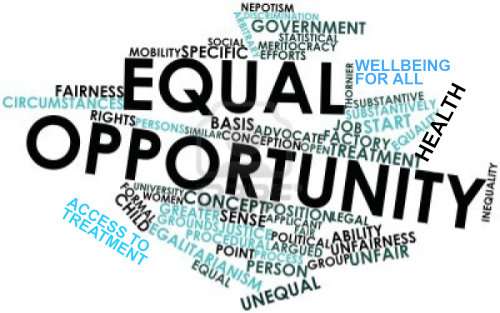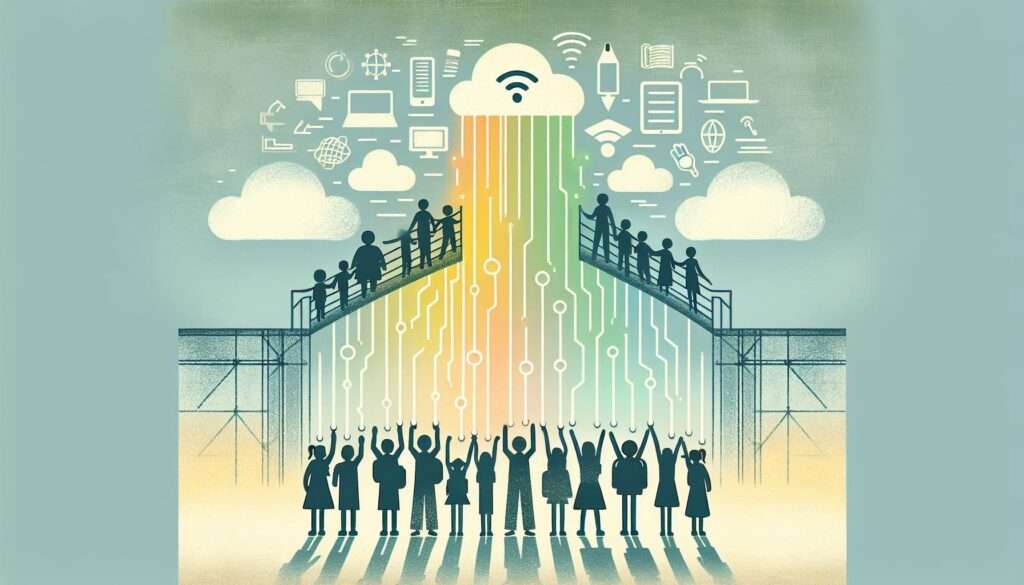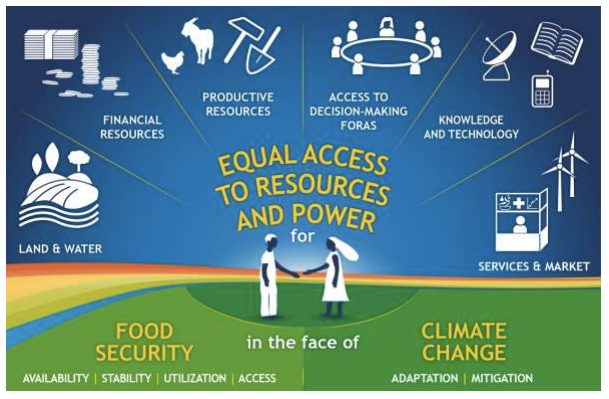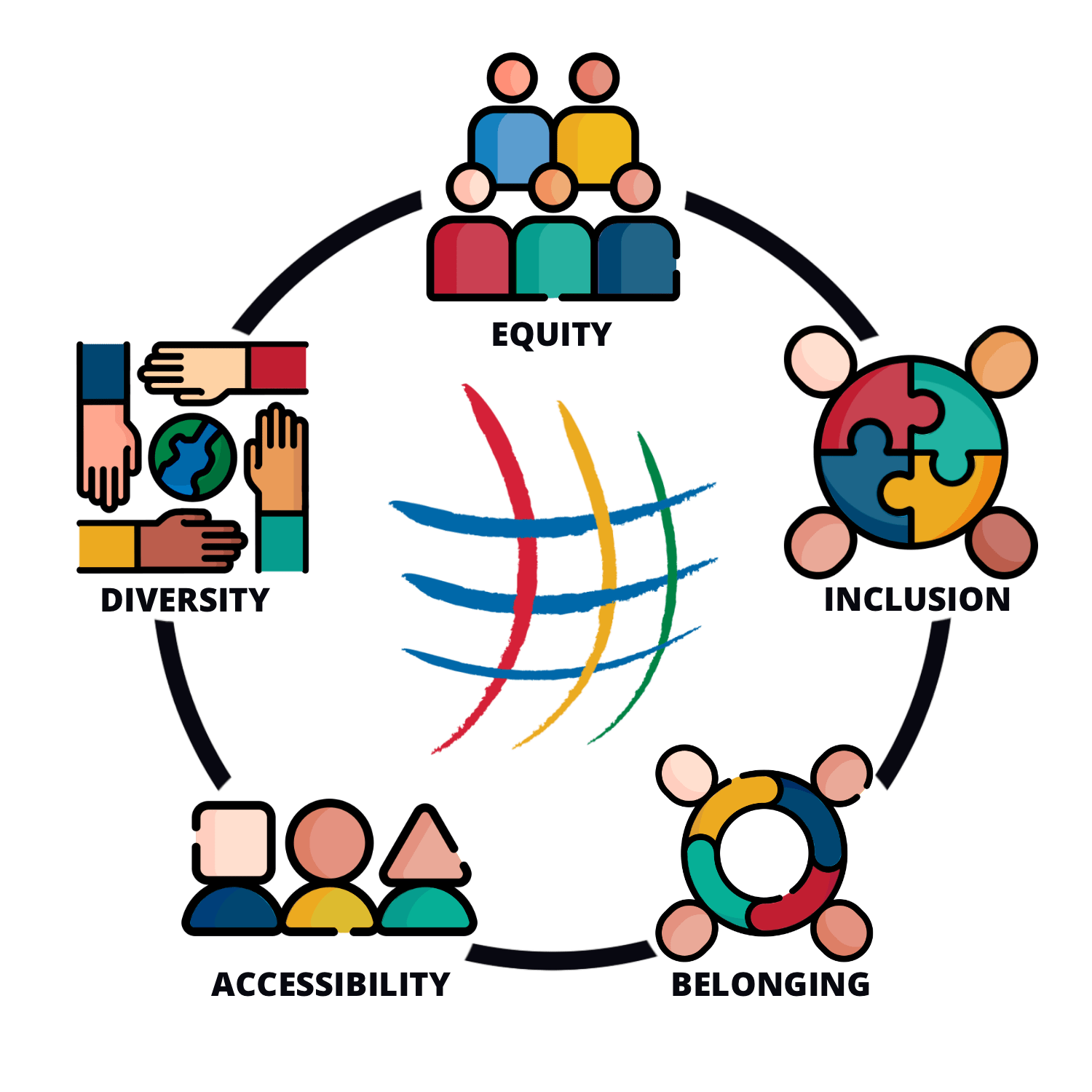Access to opportunities, resources, and rights is the cornerstone of a just and inclusive society. Yet, for many, systemic barriers, discrimination, and inequality continue to limit their ability to thrive. Ensuring equal access is not just a matter of fairness; it is essential for fostering a society where everyone has the chance to contribute and succeed, irrespective of their background or circumstances.
The Significance of Equal Access
Equal access ensures that individuals are not excluded from opportunities based on factors like gender, race, socio-economic status, or disability. It is about leveling the playing field so that everyone, regardless of their starting point, has a fair chance to achieve their goals. When access is equitable, it empowers individuals, strengthens communities, and drives social and economic progress.
Barriers to Equal Access
In many parts of the world, deep-rooted social and structural inequalities limit access to education, healthcare, employment, and basic rights. Poverty remains one of the most significant barriers, preventing millions from accessing quality education or healthcare. Similarly, discriminatory practices based on gender, caste, or ethnicity restrict opportunities for marginalized groups. Lack of physical infrastructure, such as accessible transport or digital connectivity, further exacerbates these inequalities, especially for those in rural or underserved areas.


The Role of Education in Promoting Equal Access
Education is one of the most powerful tools for breaking the cycle of inequality. By providing quality education to all, regardless of their background, societies can ensure that future generations have the skills and knowledge to succeed. Equal access to education involves addressing disparities in resources, improving infrastructure, and ensuring that marginalized groups—such as girls, disabled students, and those in remote areas—are not left behind. Governments and organizations must work together to create policies and programs that support universal access to education.
Healthcare as a Fundamental Right
Access to healthcare is a basic human right, yet millions are deprived of it due to economic, geographical, or social barriers. Equal access to healthcare ensures that everyone can lead a healthy and productive life. This requires investment in affordable healthcare systems, expanding medical services to underserved regions, and addressing biases in healthcare delivery. Programs focused on preventive care, maternal health, and nutrition are crucial in bridging gaps in access.
Economic Opportunities and Employment
Ensuring equal access to economic opportunities is vital for reducing poverty and promoting financial independence. This includes providing vocational training, creating jobs in underserved areas, and encouraging entrepreneurship among marginalized groups. Governments and private organizations must also address workplace discrimination and create inclusive policies that support diversity and equal pay.


Leveraging Technology for Inclusivity
In today’s digital age, technology can be a powerful enabler of equal access. From online education platforms to telemedicine and remote work opportunities, technology bridges gaps for those who previously had limited access to services. However, the digital divide remains a significant challenge, particularly for those in rural areas or low-income households. Governments and organizations must invest in digital infrastructure, affordable internet, and digital literacy programs to ensure technology benefits everyone equally.
The Role of Governments and Communities
Governments play a crucial role in ensuring equal access by implementing laws and policies that promote inclusivity and protect the rights of marginalized groups. Programs like affirmative action, subsidies for education and healthcare, and social welfare schemes are critical in leveling the playing field. At the same time, communities and civil society organizations must work to address biases, challenge stereotypes, and create an environment where equal access is valued and upheld.
A Vision for an Equitable Future
A society where equal access is a reality is one where everyone can participate and contribute meaningfully. This vision requires collective effort—governments, businesses, communities, and individuals all have a role to play. By addressing systemic barriers, fostering inclusivity, and prioritizing equity, we can create a future where access to opportunities and resources is not a privilege but a right enjoyed by all.
Conclusion
Ensuring equal access is a moral and social imperative that benefits individuals and society as a whole. It fosters social harmony, drives innovation, and builds resilient communities. By committing to equity and inclusivity, we can create a world where no one is left behind, and everyone has the opportunity to succeed. The journey toward equal access is long, but with determination and collective action, it is a future we can achieve.


